
In many parts of the world, being “sans papiers”—without official papers or legal identity—often conjures images of migrants or refugees. However, unlike the common association of “sans papiers” with migrants or refugees, in countries like Ethiopia being without official documents or legal identity – is a harsh reality for millions. Without legal documents such as birth certificates or identity cards, individuals are left invisible to the state and excluded from basic rights, services, and opportunities.
Being undocumented in your own country means being excluded from critical aspects of social, economic, and political life.
For many Ethiopians, especially those in rural and marginalized communities, the lack of legal documents—such as birth certificates, marriage records, or death certificates—creates significant barriers to a range of essential services.
A birth certificate is more than just a piece of paper—it is the foundation of a person’s rights and opportunities.
Without it, individuals are often unable to claim basic rights such as the right to:
A registered birth is often the first step in ensuring a child’s inclusion in protective systems, enabling them to grow, thrive, and claim their rightful place in society.
Civil registration it’s not just an administrative process; but a lifeline that connects individuals to their rights. The most fundamental reason for civil registration is to provide individuals with a legal identity from birth.
Civil registration is a cornerstone for advancing gender equality and safeguarding women's rights. By registering marriages, women gain legal recognition of their relationships, providing crucial protections in cases of divorce, spousal death, or inheritance disputes. For example, a registered marriage or death certificate empowers women to claim their rightful inheritance and assets, ensuring access to property ownership and financial support. Without these vital documents, many women face denial of their rights, often becoming trapped in cycles of poverty and dependence.
The importance of civil registration becomes even more pronounced during times of crisis, such as natural disasters, conflicts, or displacement. Displaced individuals with civil records of registered certificates, can prove their identity and access essential humanitarian aid, legal protection, and services. Conversely, those without documentation often fall into an "invisible" status, leaving them vulnerable to poverty, discrimination, and exploitation, including child labor and trafficking.
On a broader scale, the absence of comprehensive civil registration systems undermines national governance and development. Strengthening civil registration not only uplifts individuals and communities but also lays the foundation for inclusive and sustainable national progress.
CISP has played a pivotal role in enhancing Ethiopia’s civil registration systems, ensuring that more individuals have access to legal documentation for key life events such as birth, marriage, and death. By implementing targeted interventions and fostering close collaboration with the Ethiopian government and local authorities, CISP has streamlined registration processes, improved data collection methods, and raised public awareness about the critical importance of civil registration.
To tackle these pressing challenges, CISP launched the initiative “Strengthen Institutional Capacity of Civil Registration System in West Hararge”, a localized effort within the broader PREVENT project funded by the Department of Civil Liberties and Immigration of the Italian Ministry of Interior. This focused intervention aimed to bolster the capacity of local Civil Registration and Vital Statistics systemsthrough comprehensive training programs, modernization of registration practices, and community awareness campaigns.
By addressing systemic barriers and strengthening the governance framework, CISP not only empowered individuals with the tools and knowledge to claim their legal identity but also contributed to Ethiopia’s overarching development objectives.
In rural parts of West Hararge, CISP’s training programs have helped local authorities improve their services, making it easier for families to register births and other vital events in their communities.
Community engagement played a pivotal role in sustaining these achievements. CISP partnered with local leaders and community organizations to raise awareness and encourage participation, ensuring that the project’s impact reached even the most remote areas.
The project in Ethiopia delivered significant results, providing valuable lessons for improving civil registration and vital statistics systems across the nation. The introduction of digital data systems enhanced safety by safeguarding records from natural or manmade disasters and improved data quality by eliminating errors caused by manual processes.
Based on the results and lessons learnt from these activities, CISP and its partners recently launched the PROTECT programme - which extends and strengthens the intervention in the Western Hararghe and Gedeo Zones, again with the support of the Department of Civil Liberties and Immigration.
By modernizing registration processes and reaching even the most isolated communities, countries like Ethiopia can lay the foundation for a future where every citizen is recognized, protected, and included—contributing to a fairer and more prosperous society.
Legal identity is not just a procedural formality; it is a fundamental human right. Without it, individuals are invisible to the systems designed to protect them, leaving them vulnerable to poverty, discrimination, and exploitation.
Only by building an inclusive and sustainable system can we break the cycle of invisibility, paving the way for a future where rights and opportunities are accessible to all.